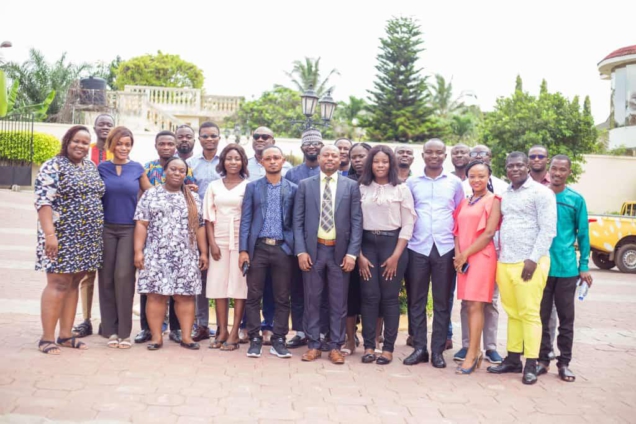Twenty journalists based in non-urban communities in the Ashanti, Bono, Central and Oti regions have benefitted from a two-day fact-checking training.
The exercise was aimed at militating against the avalanche of information disorder, particularly misinformation and disinformation penetrating the Ghanaian information ecosystem.
The event was organised by Dubawa Ghana, the fact-checking arm of the Center for Journalism, Innovation and Development (CJID), with funding from the US Embassy in Ghana.
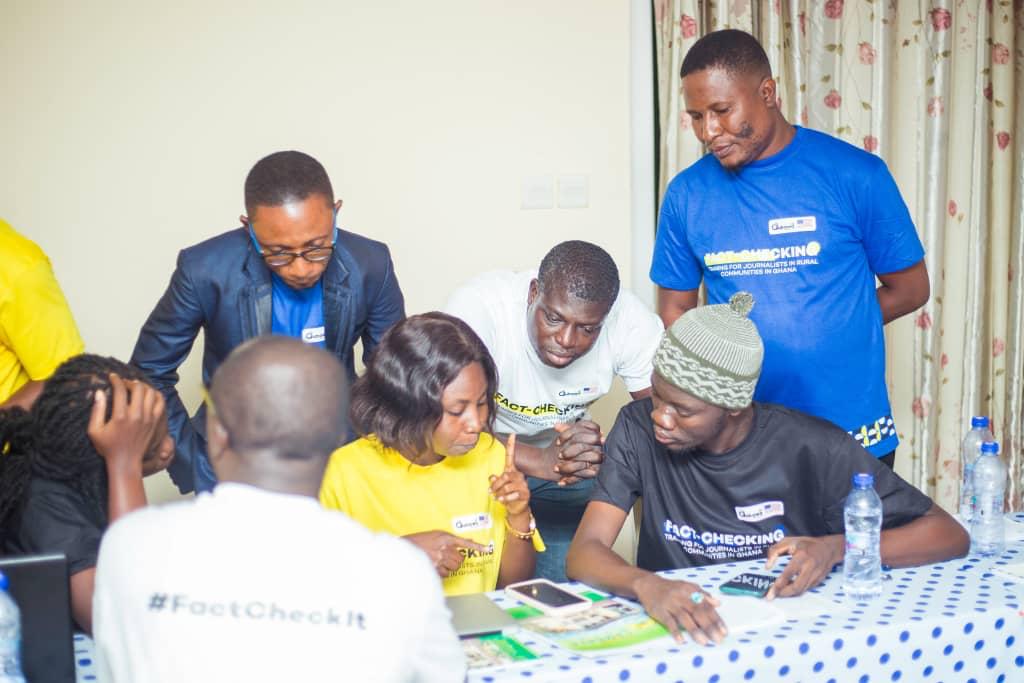
The fact-checking organisation has observed an increasing and worrying trend of mis/disinformation especially on the Ghanaian social media landscape.
Editor of Dubawa Ghana, Nathan Tetteh Gadugah, indicated there could be dire consequences when individuals or a society is fed with false information.
“Mostly, people take decisions based on the information they receive. So if the information is false, their action will be based on the false information. An instance - during election periods, citizens vote for people who are credible and can change their fortunes.
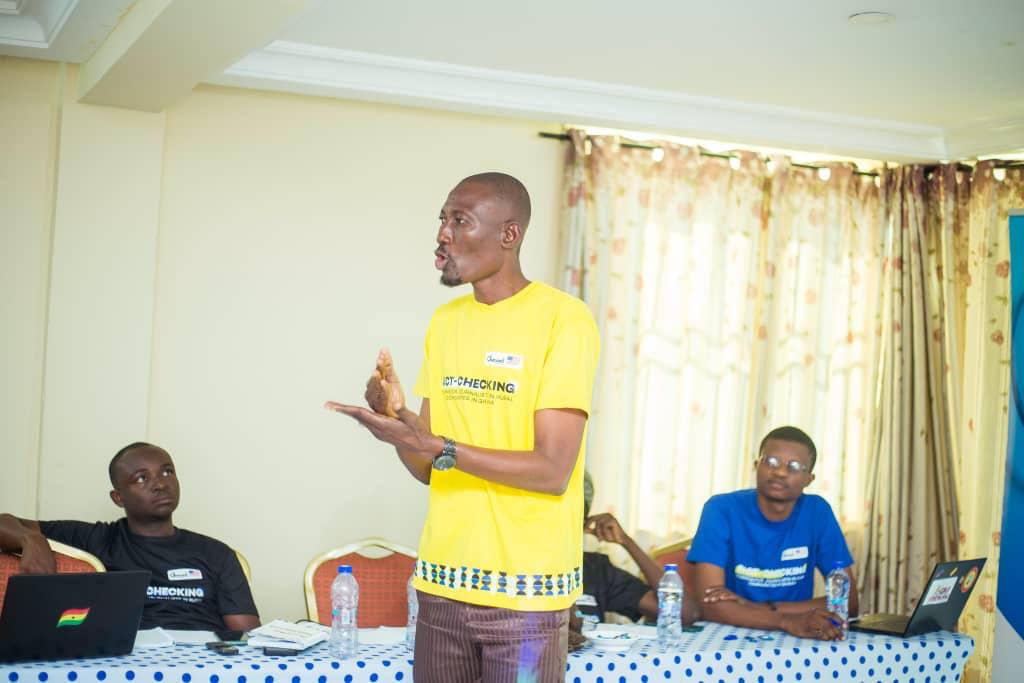
“So, if the political candidate gives out false information, the people will vote based on that and, certainly, this would not augur well with the country,” he said.
The training is expected to facilitate the transformation of newsrooms of local media houses by establishing a fact-checking desk to promote accountability journalism.
Mr Gadugah believes the training would expose journalists to fact-checking and enhance their capacity in combating the growing trend of information disorder.
“The training is usually organised for journalists in the city centers, so this time round we thought to host one for those in rural communities to enhance their capacity.
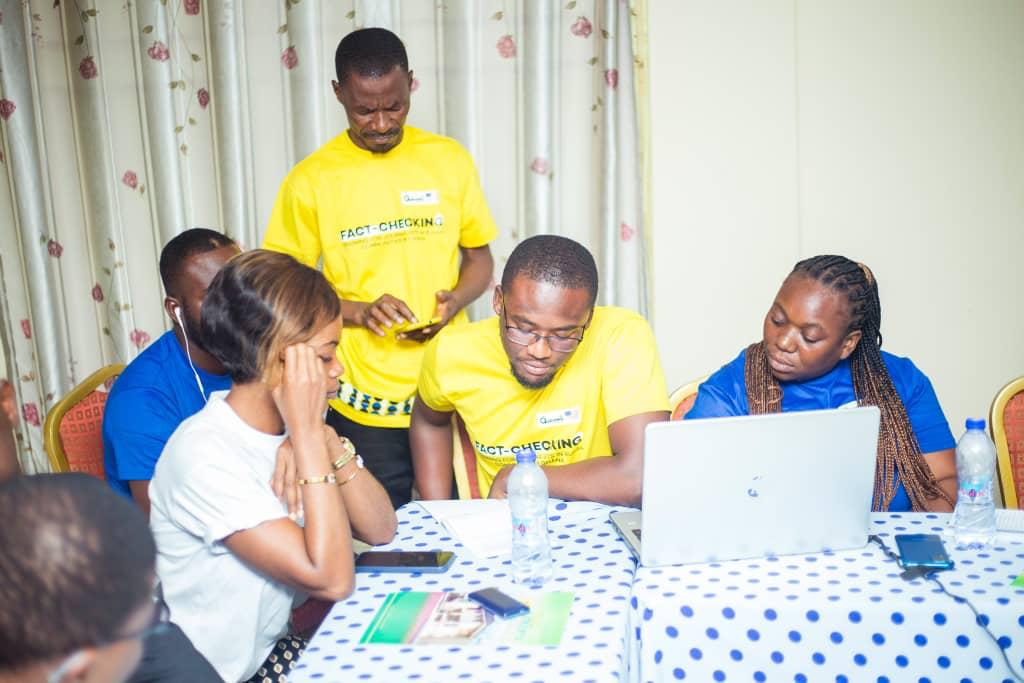
“When journalists become complicit in sharing false information, it affects their credibility. Together, we will be able to create a community of fact-checkers to fight the spread of information disorder,” he added.
The training which was held earlier in the Northern Region is the second of the three training sessions for 60 selected journalists in the Northern, Central and Southern zones.
Participants were equipped with the relevant knowledge and skills in topics including understanding information disorder, actors and techniques of mis/disinformation; verification and fact-checking “Fake news”, media ethics and law, and the right to information law.
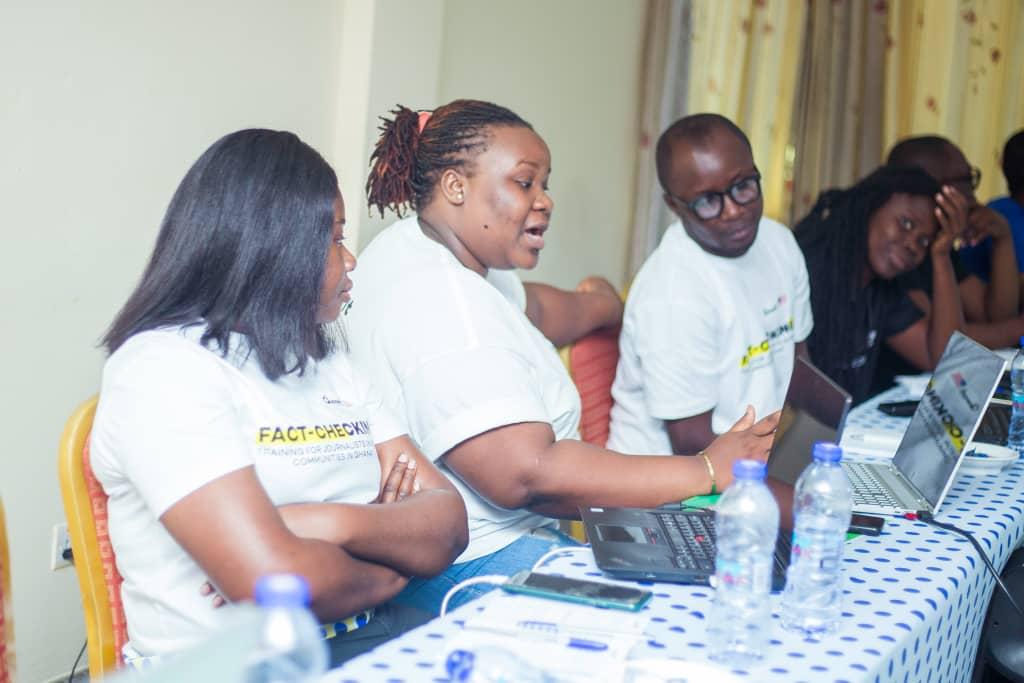
Victoria Agyemang, a print media journalist in the Central region, said the application of acquired skills and knowledge would aid her in validating news content.
“It’s been insightful and educative because we’ve been eye-opened on various techniques to identify whether or not a video is true or fake. Most journalists take information from social media without verifying or authenticating the story.
“We just put it out there for people to consume. I will apply the skills I have learnt here in news writing and sharing contents,” she assured.
The project consists of a two-day residential training and a three-month post-training mentorship for selected journalists.
The final training session is expected to be held in Accra for the last cohort of journalists.
Latest Stories
-
The voices in the cockpit fuelling controversy over Air India crash
3 minutes -
Mike Lynch estate and business partner owe HP Enterprise £700m, court rules
14 minutes -
Trump administration pulls US out of UNESCO again
24 minutes -
WAFCON 2024: Ghana’s Black Queens miss out on final after penalty loss to Morocco
25 minutes -
Coca-Cola will roll out cane sugar Coke in US after Trump push
40 minutes -
Tourism Ministry inaugurates advisory board
49 minutes -
Wife of Diogo Jota posts ‘forever’ tribute
1 hour -
Abuakwa South MP urges GNAT to lead Ghana’s EdTech revolution with a digital drive
1 hour -
Ghana’s actual public debt overstated by GH¢138bn – Auditor General
1 hour -
Abuakwa South MP demands pact to future-proof Ghana’s education
2 hours -
Leadership is quiet preparation, serve with integrity – Chief of Staff urges youth
2 hours -
Mother confesses to drowning 4-year-old son in well to please lover
2 hours -
Patricia Appiagyei rejects replacing Afenyo-Markin on ECOWAS Parliament delegation
2 hours -
Kevin Taylor’s court appearance without arrest proof of judicial abuse under NDC – NPP MP
2 hours -
The inconvenient truth: Why Africa’s boardrooms must reset the boardroom governance clock
3 hours

